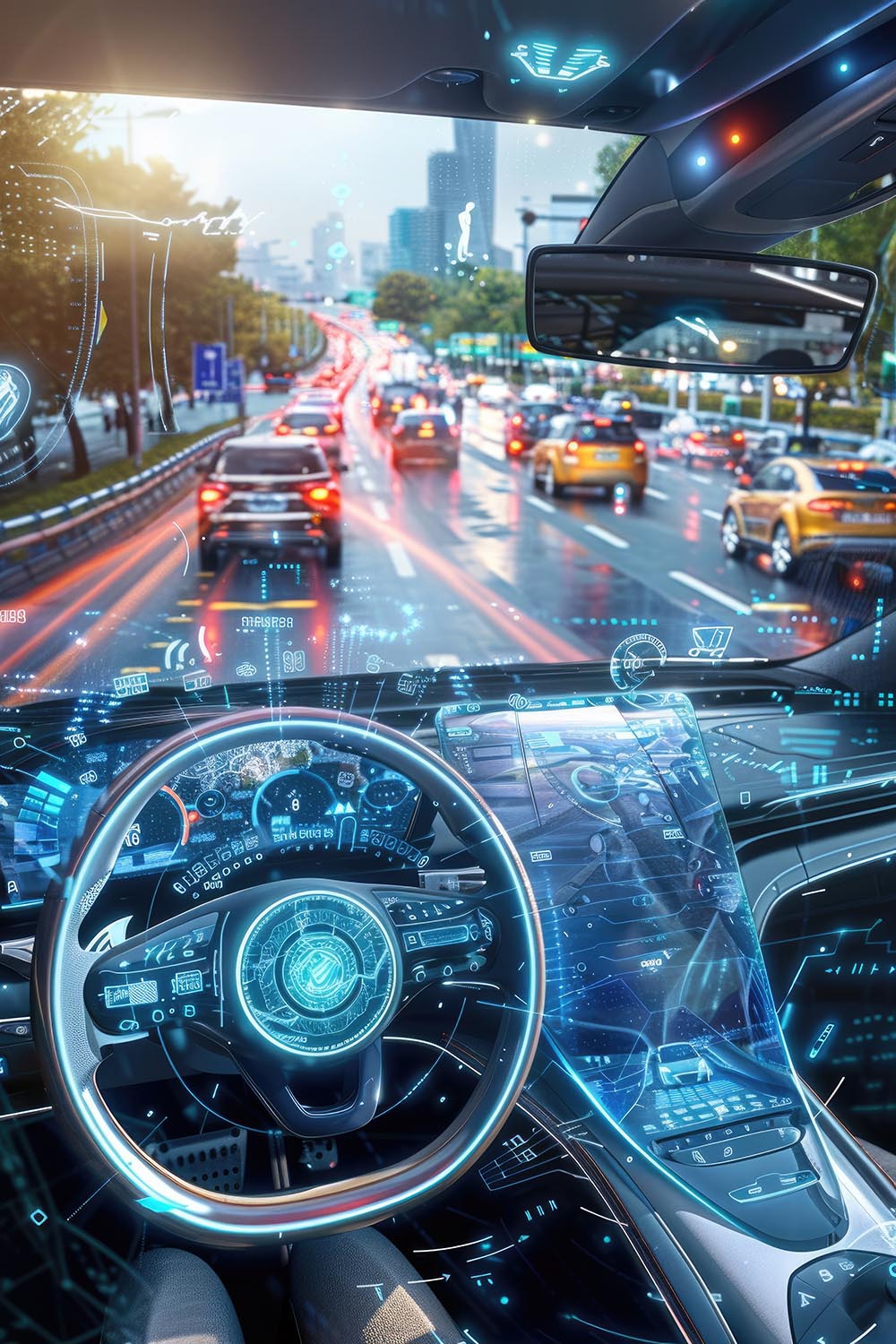We have updated our Privacy Policy, click here for more information.
Thank you

David Collins
|
 |
Henry Ford coined the term to refer to innovation and the customer base. When you are evolving a product, talking to customers really helps, they will often have good suggestions for functional or ergonomic improvement. But when you are bringing a new invention to market, it rarely helps.
We have been doing some work on the application of AI to some of our business areas which is challenging us to think differently. The natural response is to think from the point of view of what we have today but that leads to an RPA-like response; that is taking a human based process and automating various steps.

To do this justice we need to challenge everything and totally reengineer the process or perhaps ‘approach’ is a better word. The more I think about it, even thinking ‘process’ introduces prejudice, instead we think about the completed task and the elements required for it to be considered ‘done’.
Yes, there will still be a logical approach to task completion with certain tasks dependent on others but many tasks do not need to be sequential so the pathway to ‘done’ doesn’t need to sit within traditional ‘workflow’ instead it could be orchestrated by a logic engine with the outcome being ‘assembled’ in the most efficient manner.
When you think with an automation mindset, it allows us to consider the ongoing needs of any operational process. For example, various customers are on various KYC refresh plans based on policy. Rather than storing them up and calling in some burst capacity to execute we can simply ‘load-balance’ these into BAU activity.
All of this, the refresh cycle, the specific required tasks and data needs are all controlled by policy so for us to make this work efficiently we need to convert those policies into code. This may need some work but with advances we have seen in applied technology we should be able to take a policy written in word and convert that to a codified approach.
It also leads us to think about when a task begins; the origin of that task is often in an upstream system and early knowledge of that can help us to improve outcomes. One of our conclusions is that in the world of AI much of the human work will shift from doing the task to data preparation and escalation management.
Right now people are tending to think about task automation at a micro level but in time we are going to need to design systems specifically engineered for the automation age.
In next week’s First View, Chief Solution’s Officer, Leon Orr, will provide a follow up to this topic – stay tuned!